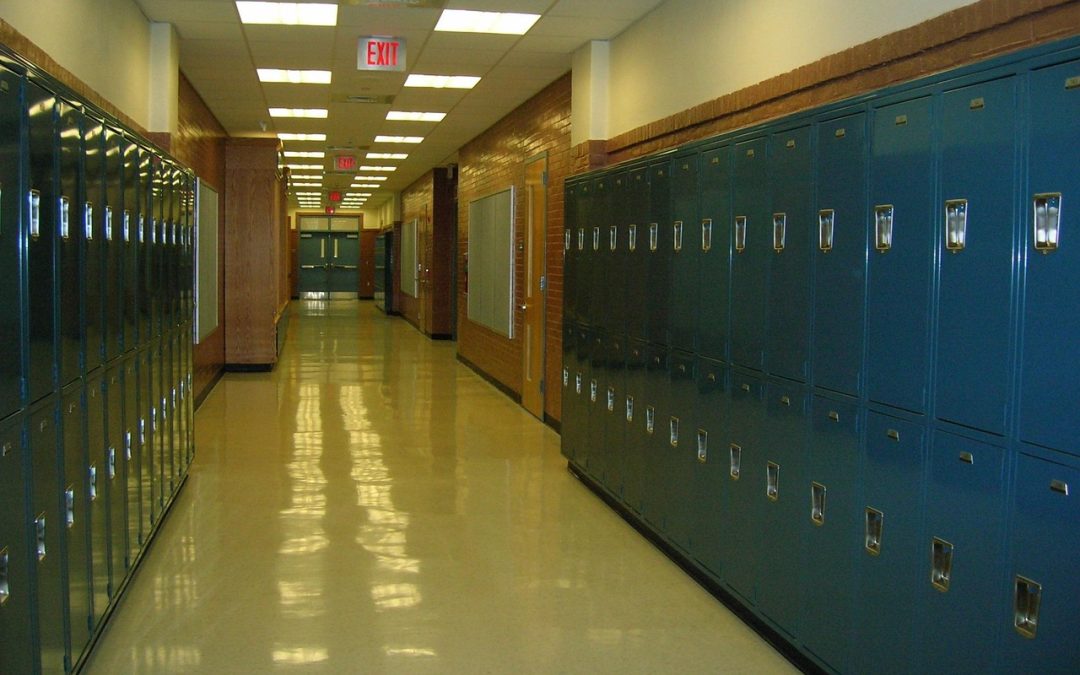As students navigate the halls of their schools, they may wonder: can police search their lockers or backpacks? It’s essential to understand the boundaries and rights that come into play in these situations. Knowing how to assert your rights while maintaining a positive relationship with law enforcement is crucial.]
Understanding the Fourth Amendment
The Fourth Amendment protects individuals from unreasonable searches and seizures. In the context of schools, this means that police need probable cause to search a student’s locker or backpack. Probable cause is a higher standard than reasonable suspicion, requiring more concrete evidence that a crime has been or is being committed.]
In general, police cannot search a locker or backpack without a warrant, consent, or probable cause. If a student is suspected of possessing illegal substances or weapons, police may request permission to search their belongings. However, students have the right to refuse consent and request a lawyer or a school administrator’s presence.]
What to Do During a Search
During a search, it’s essential to stay calm and assert your rights:
- Remain calm and respectful: Avoid arguing with police or school administrators, as this can escalate the situation.
- Ask for clarification: If you’re unsure about the reasons behind the search or your rights, ask questions politely.
- Don’t resist: Refrain from physically resisting the search, as this can lead to further complications.
- Request a lawyer or school administrator: If you’re unsure about the search or feel uncomfortable, ask for a lawyer or school administrator to be present.
Consent and Waiving Rights
It’s essential to understand that waiving your rights can have significant consequences. Police request permission to search your locker or backpack, they may make it seem like you have no choice but to comply. Remember that you have the right to refuse consent:
Voluntary consent must be unequivocal, specific, and intelligently given, unaffected by duress or coercion, and shown by clear and convincing evidence.
This means that police must ensure that you understand your rights and voluntarily agree to the search. If you’re unsure or feel pressured, it’s best to refuse consent and request a lawyer or school administrator’s presence.]
In conclusion, understanding your rights and how to assert them is crucial when dealing with police searches in schools. Remember to stay calm, asking questions, and refusing consent if necessary. By knowing your rights and staying informed about local laws, you can navigate these situations safely and confidently. Stay informed, stay empowered!]
The information at Observed.Org may not pertain to every jurisdiction. It is YOUR responsibility to know your rights and observe them. Nothing here should be considered legal advice.

